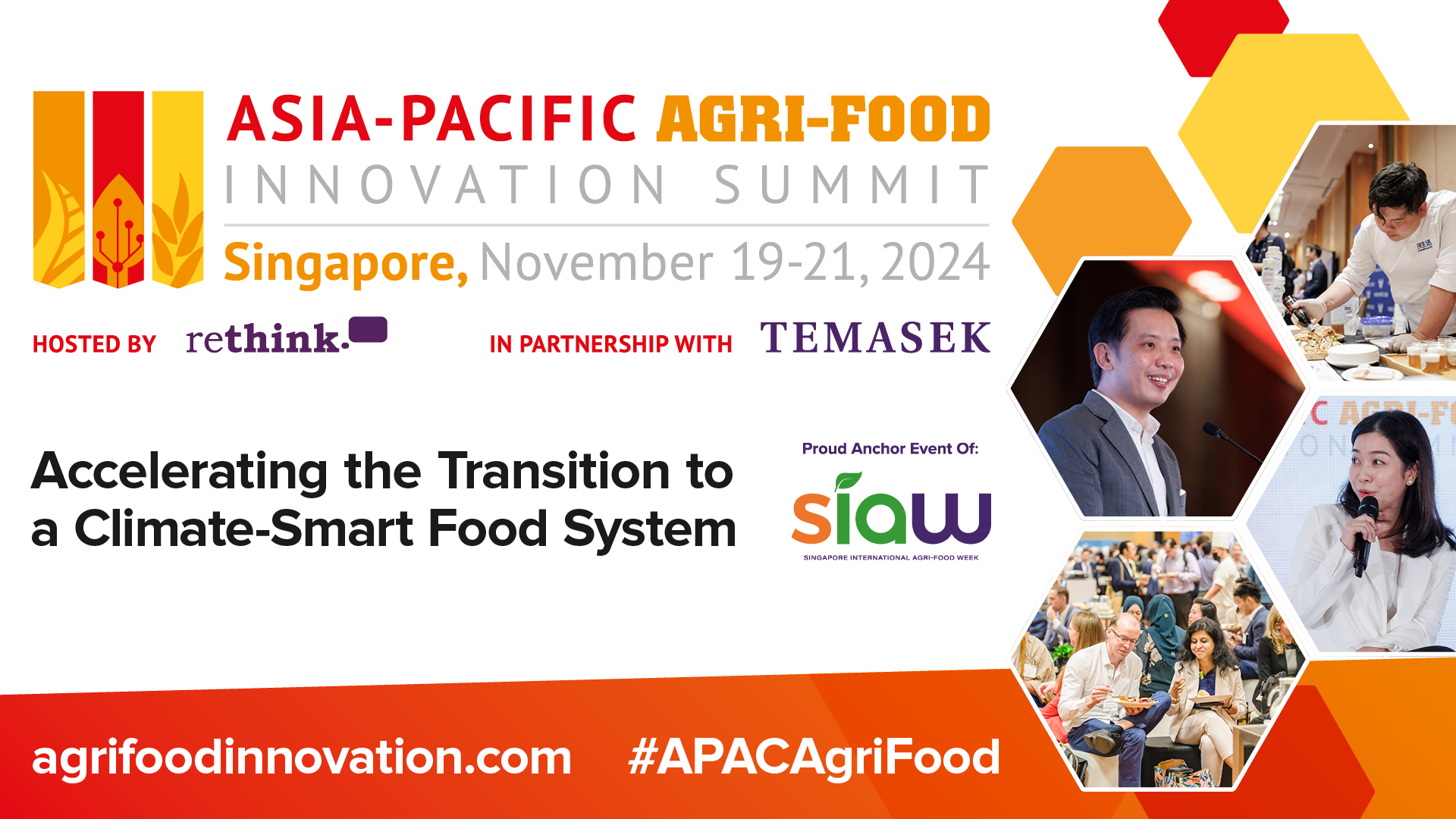
SINGAPORE, Oct. 3, 2024 – Singapore International Agri-Food Week (SIAW) is set to take place from November 18 to 22, 2024, at the Sands Expo & Convention Centre, Marina Bay Sands. This year’s event emphasizes the importance of transitioning to sustainable and nutritious food systems in Asia. As the region grapples with various challenges, including climate change, food security, and the need for innovation, SIAW serves as a vital platform for industry leaders, policymakers, and innovators to share insights and collaborate on solutions.
The significance of SIAW has grown as global awareness of food systems’ environmental and social impacts increases. The event’s agenda focuses on actionable strategies to create more resilient food systems. Participants will engage in discussions around sustainable agricultural practices, technological advancements in food production, and the integration of nutrition into food policies. Key topics include plant-based diets, vertical farming, precision agriculture, and the role of technology in enhancing supply chain efficiency.
Notably, SIAW aims to address the urgent need for innovative approaches in agriculture. As population growth continues to strain existing food systems, participants will explore the potential of emerging technologies. These include artificial intelligence, blockchain, and biotechnology, which can optimize food production and distribution processes. The event will feature expert speakers who will share their experiences and insights into successful innovations that have already been implemented in various regions.
In addition to the keynote addresses and panel discussions, SIAW will offer networking opportunities, enabling attendees to forge valuable connections. This collaborative atmosphere encourages the sharing of ideas and best practices, fostering partnerships that can lead to impactful changes in the agri-food sector. The presence of policymakers is crucial, as their decisions shape the regulatory landscape for sustainable practices. Their engagement in discussions at SIAW will facilitate the alignment of industry needs with governmental policies.
This year’s event will also showcase innovative startups and established companies that are at the forefront of the agri-food sector. The Innovation Pavilion will feature cutting-edge solutions and products, providing a glimpse into the future of food systems. These innovations are essential to meet the growing demand for food while minimizing environmental impact and promoting health and nutrition.
As countries across Asia look to enhance food security and sustainability, SIAW serves as a catalyst for change. The event highlights the need for collaboration between public and private sectors, emphasizing that no single entity can tackle these challenges alone. Collective efforts are crucial to drive progress toward sustainable food systems that benefit both consumers and producers.
Emerging trends in the agri-food sector will also be a focal point at SIAW. The increasing popularity of plant-based diets reflects a broader shift in consumer preferences towards healthier and more sustainable food options. This shift is not only driven by health concerns but also by environmental awareness. Participants will discuss how food producers can adapt to these changing consumer demands while maintaining profitability.
SIAW’s role in promoting knowledge exchange cannot be overstated. As the event attracts a diverse group of stakeholders, the sharing of experiences and lessons learned is invaluable. Participants will have the opportunity to learn from successful case studies and apply these insights to their own operations. This knowledge transfer is essential for accelerating the adoption of sustainable practices across the region.
As the agri-food sector faces increasing pressure to reduce its carbon footprint, the importance of sustainable practices becomes even more apparent. Participants at SIAW will explore various strategies to mitigate climate change effects while ensuring food security. Discussions will include the adoption of regenerative agriculture practices, which focus on restoring soil health and enhancing biodiversity.
SIAW also seeks to highlight the significance of nutrition in food systems. With rising rates of diet-related diseases in many Asian countries, there is a pressing need to integrate nutrition into food production and policy frameworks. The event will address how stakeholders can work together to promote healthier food choices and create environments that support nutrition security.



